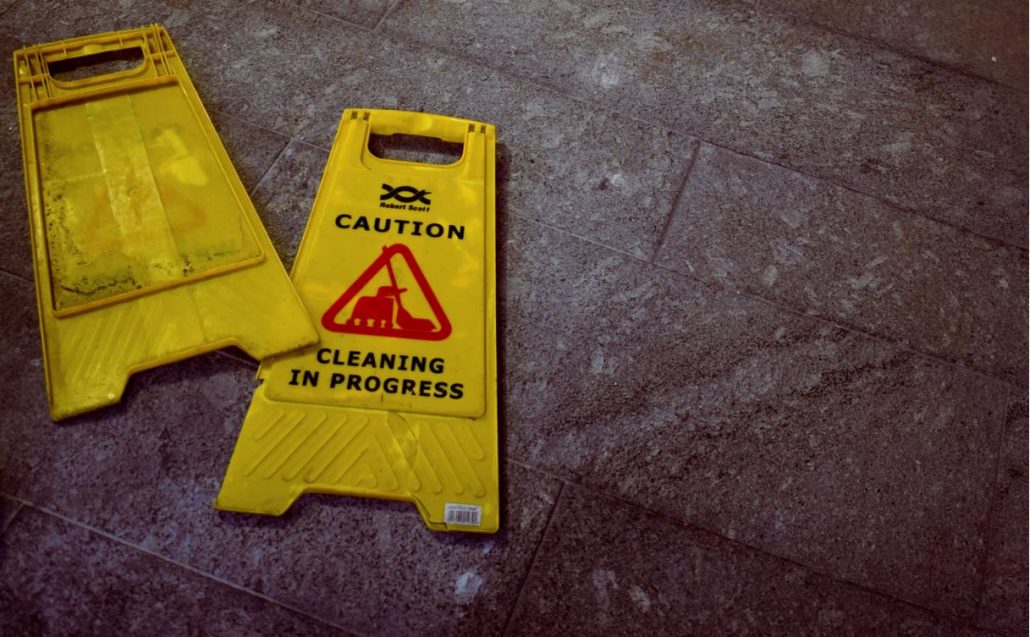While running a healthcare facility, it is of the utmost importance to make sure that everything is sterile so that diseases are not passed around. These are some things that you can do to prevent the spread of disease in your facility.
Make Sure That People’s Hands Are Clean
In order to prevent the spread of the disease, it is of the utmost importance that everyone cleans their hands. Before entering and leaving rooms, people should wash their hands in a sink with soap. The hand-washing processing should be about 20 seconds. Scrub every part of your hand, including between your fingers, under your nails and, on top of your hands.
Use Clean Tools
It’s easy to assume that your tools are clean, but you must do all you can to ensure that they are completely sterile before they get anywhere near a patient. Wash your tools and the containers they’re in.
Another way to ensure your tools cleanliness is to use packaged tools. Medical product kitting helps to guarantee that your tools will stay clean from the time they leave the manufacturer to the time they’re ready for use.
Constantly Clean Up
The keep bacteria to a minimum, items should be cleaned as often as possible, especially when they’re in regular use. Make sure your facility has a regular scheduled of sanitizing, scrubbing, and mopping, and ensure that things like sheets and towels are changed often as well. If there are any leaks or spills, they should be fixed and cleaned immediately as leaving them unattended can lead to the growth of mold, which can be detrimental to the health of patients, visitors, and staff.
Educate People
A good way to keep facilities clean is to educate people about how to prevent the spread of disease, and why it is so important. While people are often taught from young ages to basic—and important—disease prevention, such as hand washing and vaccinations, many people don’t realize how necessary these are. This is why there has to be a constant effort to push the facts and to educate people. Your facility can do this easily by putting up signs and posters in areas will patients and visitors will see them.
Your staff should also have regular training to remind them of best hygiene and health practices. This will help keep them from becoming careless or passive in their efforts. You should also keep an eye on evolving best practices as new knowledge becomes available.
Get Vaccinated
Vaccinations aide in preventing the occurrence and spread of disease. Some vaccines that people can get include the shots for the mumps, flu, meningitis, hepatitis, tetanus, chicken pox, measles, whooping cough, German measles, human papilloma virus, measles and chicken pox. Your staff should always be up to date on vaccinations. This will help protect their patients who might have delicate immune systems and who may not be able to get the vaccinations.
Avoid Contact
People who are sick should avoid contact with those who are healthier. When someone is sick, they bring their germs into the environment. Staff members who are sick should be encouraged to stay home, or to avoid certain areas. Patients who may be contagious should be kept away from other patients.
There are many ways that you can prevent the spread of disease in your healthcare facility. To ensure that your patients receive the best care, you must keep your facility as sterile as possible. Use these tips to keep your facility in top shape.
